The two campuses that are currently implementing the Collab Model are Montalvin Elementary and Wilson Elementary. On each school campus, Seneca provides a Behavior Support Specialist, a Clinician, and at least one Student Support Assistant. They each happen to be in Year 1 of the UE Model implementation and have a UE Coach on site in addition to the Collab team to focus on Tier 1 interventions. The Seneca team is integrated with staff from the school campus which include the General Education Teacher, Special Education Case Manager, any related service providers, and school admin. This robust, multi-disciplinary team meets weekly or bi-weekly and is designed to provide supports to Kinder and 1st Grade students that would otherwise be at a non-public school campus.
We’ve learned that early and consistent communication with all stakeholders on campus, including school staff, administrators and parents, is key for buy in to this program. Without the proactive communication, misunderstandings and concerns had to be addressed in a more reactive manner. In addition, we have learned to be more thoughtful in our intake and identification process when students are entering the program.
Through the Collaborative program, we’ve been able to help our youngest high needs students stay with their peers on public school campuses. They’re been able to get support in order to access the general education curriculum, make friends, and experience success at the beginning of their school careers.
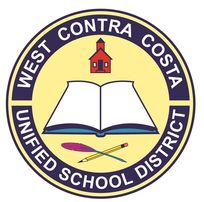

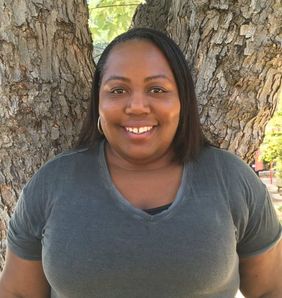

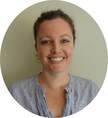

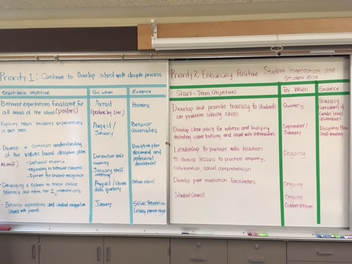
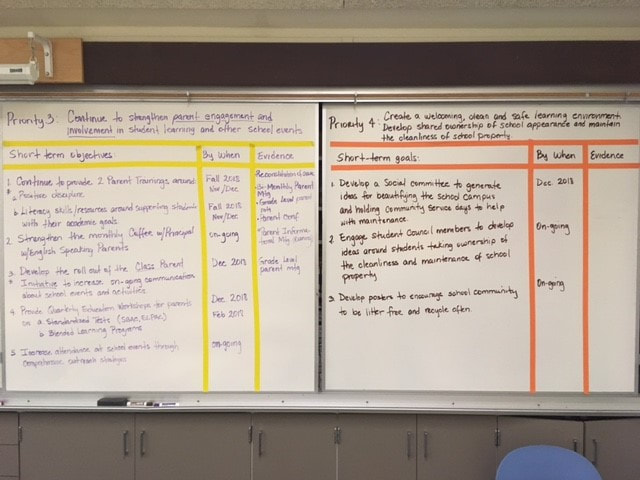
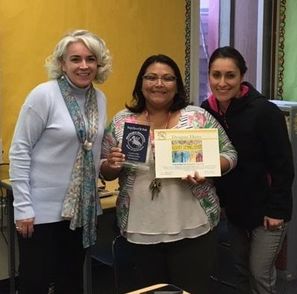

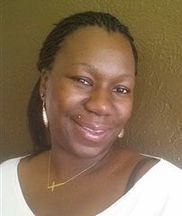



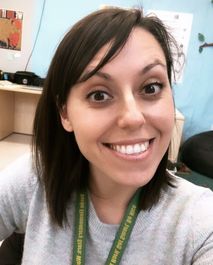

 RSS Feed
RSS Feed